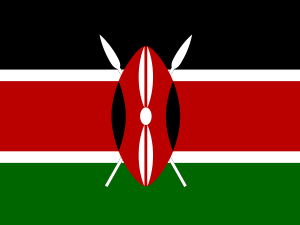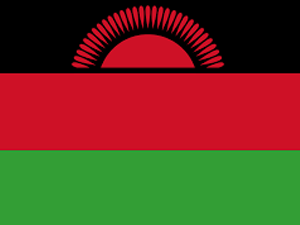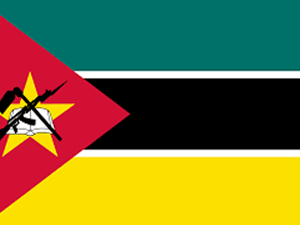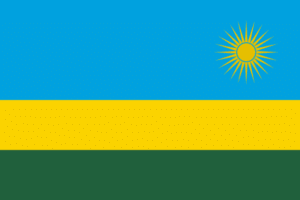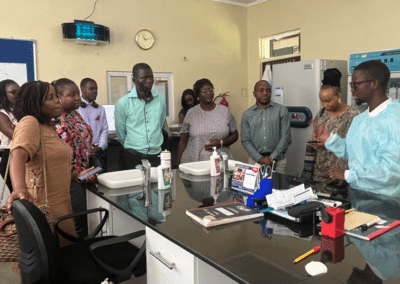Teams from Uganda and Zambia won the recent “Shark Tank” competition, which took place on the final day of the HIV Coverage, Quality, and Impact Network (CQUIN) and World Health Organization (WHO) workshop focused on opportunities and challenges that differentiated service delivery poses for TB/HIV services.
Each team will receive modest funding for an innovative project exploring multi-month prescribing of TB preventive treatment (TPT) to patients enrolled in differentiated antiretroviral therapy (DART) models.
Uganda’s project will focus on improving uptake of TPT among people enrolled in DART models by aligning TPT and ART dispensing and appointments for people in Fast Track, Community Drug Distribution Points (CDDPs), and Community Client Led ART Delivery (CCLADs) models. Health workers and community ART group leaders will be trained to monitor side effects, improve client literacy, and use mobile technology to support recipients of care. The initiative aims to increase TPT uptake from 17 percent to 90 percent; increase the completion rate among those who start TPT from 67 percent to 90 percent; and ensure patient satisfaction with TPT services.
“With our national focus for TPT being a 100-day TPT Scale-up Strategy, our lowest-hanging fruit is the 40 percent of people living with HIV who are stable and enrolled in community-based models of differentiated service delivery,” explains Proscovia Namuwenge, the National Coordinator for TB/HIV Programming of the Uganda Ministry of Health.
In Zambia, where an estimated 40 percent of eligible patients are receiving TPT, the winning project will focus on offering TPT to all patients enrolled in the Fast Track DART model. Health workers and peers will provide patients with targeted education and follow-up, including via mobile phone. The initiative aims to increase TPT uptake among eligible patients, increase the TPT completion rate, and increase retention in care. Importantly, results will inform TPT implementation guidelines in the context of differentiated service delivery in Zambia.
“We’re delighted that CQUIN can help to launch these exciting projects,” said Dr. Miriam Rabkin, CQUIN principle investigator. “They are intended to be small, rapid, and exploratory, and we’re confident that they will provide policy-relevant information related to delivery of TPT for people in DART models.”









